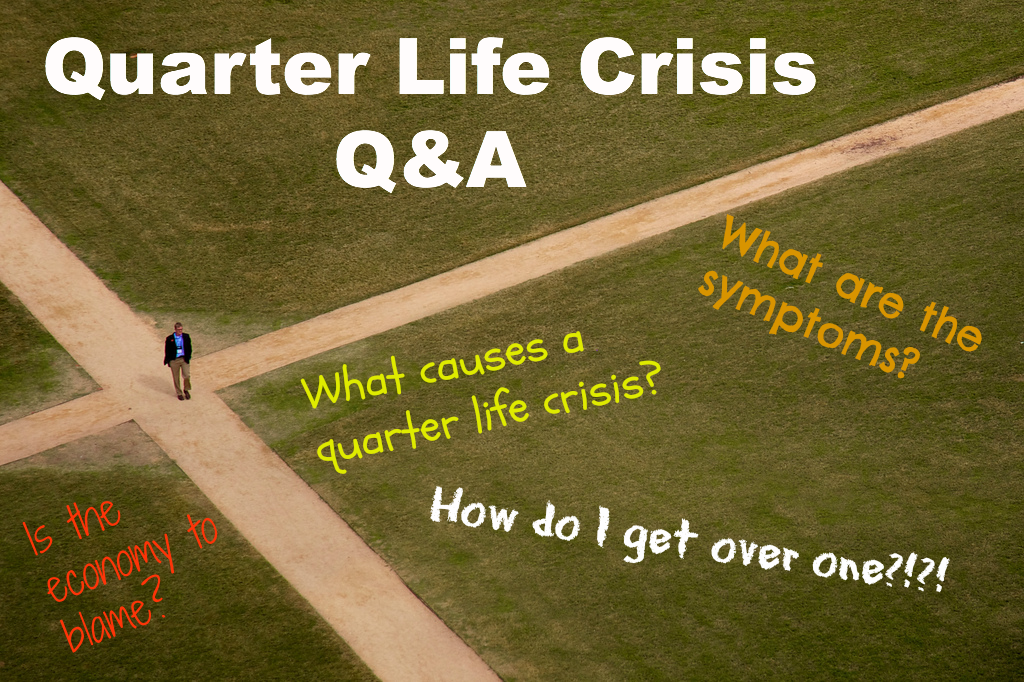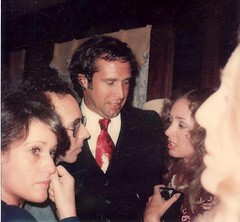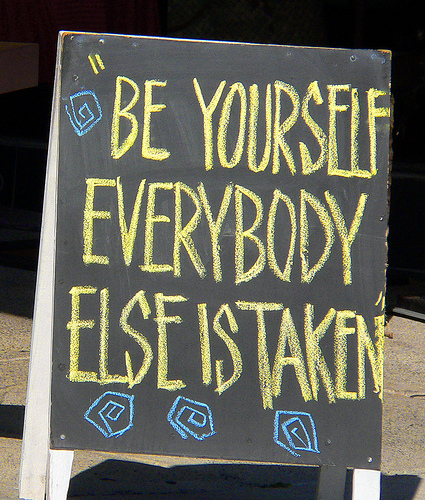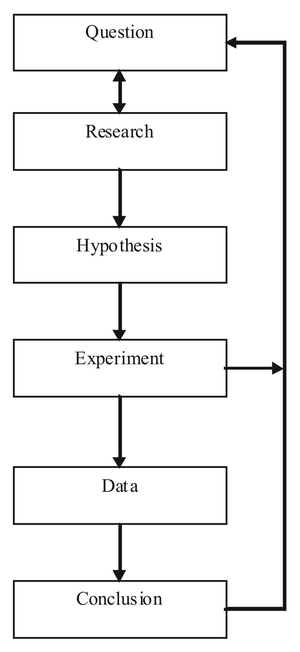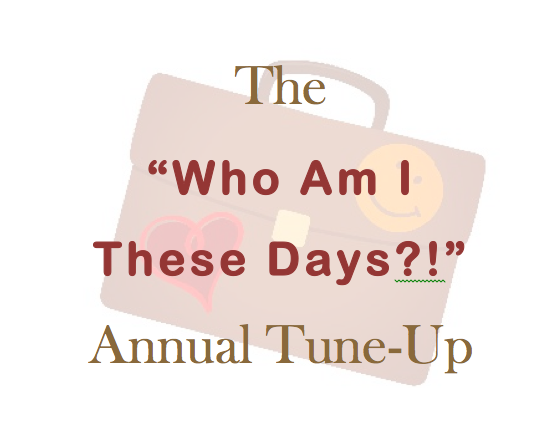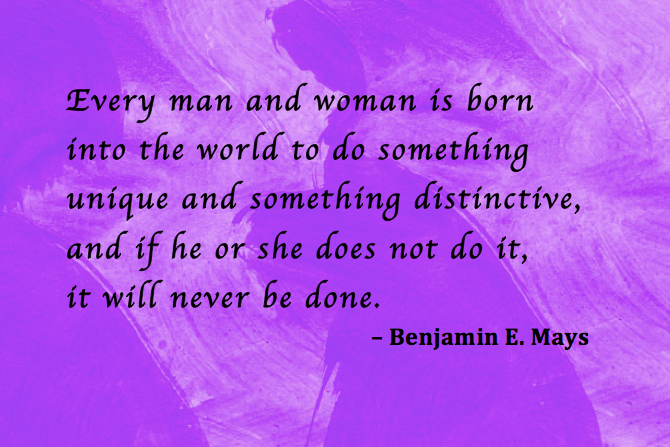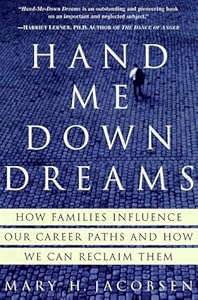Think of the last time you considered self-improvement in your career, relationships or health. You probably did some reading on the topic. Might have talked it over with friends or family. Maybe even started to implement some changes.
Then, chances are, you backed away from it. Hella fast.
There's a good reason for that: self-improvement feels awful.
We go into it thinking it'll make us happier and then - just our luck - we feel the complete opposite.
Even with rock-my-world, becoming-the-person-I-always-wanted-to-be sorts of self-improvement.
Today we'll discuss why this happens - and how you can break the cycle of "I want to make change but it feels crappy so I think I'll stay the same, thank you very much."
The Downside of Self-Improvement
"Growth isn't always fun." - Corey Keyes, Ph.D.
Last Thursday I attended the Bringing Theory to Practice (BTtoP) meeting in Washington, DC, at which keynote speaker Keyes, a sociologist at Emory, showed us just how bad self-improvement can make us feel.
Using data from a nationally representative sample of 3000 American adults, he noted that compared to people who had stayed the same over a 10-year-period, people who had improved their functioning had:
- Less self-acceptance
- More negative emotions
- More depressive symptoms
- Less positive emotions
In addition, the people who had made self-improvements were just as satisfied with their lives as people who hadn't changed at all.
YIKES!
I don't know about you, but this data doesn't exactly make me want to run to Oprah so I can start "living my best life."
Far from it.
Yet hundreds of thousands of people do so every day.
Why do we claim to want self-improvement if all it does is make us feel bad?
Why Self-Improvement Feels Bad
The answer lies in identity.
Take a moment to reflect on how you keep track of who you are as an individual. You probably see common themes running through your entire life, as far back as your earliest memories. There's a sense of continuity that you can cling to in order to understand yourself; a consistency that makes you you.
This stability is worth a lot to us:
"Self-consistency may sustain individuals’ beliefs that the world is coherent and controllable, and could provide confidence in one’s future." - Corey Keyes, Ph.D. (2000)
Now think about self-improvement. Since it focused on changing who and what we are, it violates our need for self-consistency.
Thus, "change doesn't always feel good," Keyes said at the BTtoP meeting.
The Upside to Self-Improvement
So why the heck do we bother attempting to improve our functioning?
Because there's a disconnect between what we feel and what we think.
Sure we feel crappier when we've changed than when we've stayed the same.
Yet we think of ourselves in a better light.
That's because in addition to self-consistency, our identity craves self-improvement. Thus when we manage to make change in our lives, we pat ourselves on the back. This results in well-being that's more cognitive than emotional: increases in meaning, purpose, autonomy, connection, contributions, and growth - the eudaimonic aspects of well-being.
This brings us back to that meaning-happiness divide we discussed recently. Improving eudaimonic aspects of well-being comes at the cost of "feeling good." As Corey Keyes and his colleague Carol Ryff write (2000):
"Positive change is a mixed blessing: 'I may be different, but at least I'm a better person.'"
How to Make Self-Improvements Last - And Keep Seeking Them Out
The fact that emotions plummet when we improve ourselves, even though we also think of ourselves more highly, has huge ramifications on our willingness to make change. Keyes writes (2000):
"Individuals who feel like having grown personally and at the same time feeling depressed may be less likely to adhere to the positive lifestyle and health habits’ changes. In turn, such individuals may be less likely to seek positive changes in themselves and their lives after having felt depressed about past improvements."
It doesn't have to be this way.
Based on the research, there are three ways to maintain and continue to pursue self-improvements:
1. Change Your Goals. If you believe the goal in life is to feel good, self-improvement isn't going to be your thing. The reality is that chasing pleasures is never-ending, placing us on a hedonic treadmill, while eudaimonic well-being is lasting (albeit not exactly "ooo, this feels nice.")
Consciously dedicate yourself to the pursuit of eudaimonia despite the pleasure trade-off.
2. Focus on Your Thinking, Not Your Feelings. If you're willing to embrace a non-hedonic approach to life, you have to walk the walk by valuing your thoughts over your feelings. I'm a big believer in "gut feelings" (there's great data on the science of intuition), but that's not what we're talking about here. Here we mean emotional reactions to a situation - to your self-improvement. Be determined to not let your emotions seem more important than your cognitive assessment of your changes.
Focus on the meaning and significance of your self-improvements. You'll be less likely to be brought down by the emotional junk that accompanies them.
3. Change Your Behavior, Not Your Self-Perception. Finally, throw your identity a bone. Recognize that when you make self-improvements, it threatens your sense of who you are. Stop saying things like, "I feel like a totally different person" - and do not utter "You're like a whole new you!" to anyone else! The less we feel like ourselves, the more our emotions take a hit. The crappier we feel, the more likely we are to revert to old habits. The more we take on our old ways, the less likely we are to believe we can make lasting change in the future.
Focus solely on the behavioral changes you made, not on how you have changed. You'll be more likely to maintain the self-improvements for a good long while.
Now I want to hear from you: Have you ever backed off from improvements in your life because they made you feel awful? If so, what did you do to counteract those feelings?
Sources:
-
Keyes, Corey L. M. (2000.) “Subjective Change and its Consequences for Emotional Well-Being.” Motivation and Emotion, 24, 67-84.
-
Keyes, Corey L. M. & Carol D. Ryff. (2000.) “Subjective Change and Mental Health: A Self-Concept Theory.” Social Psychology Quarterly, 63, 264 -279.









